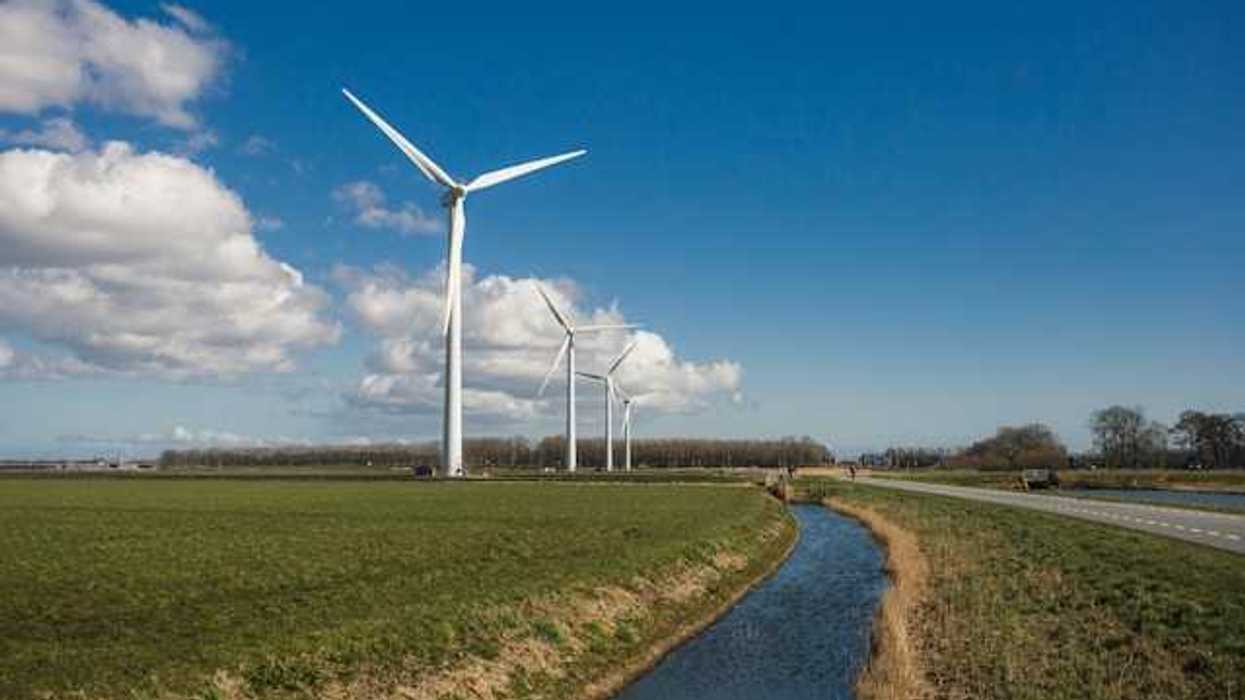An international commission is investigating decades of coal mine pollution in British Columbia’s Elk Valley, focusing on selenium contamination and potential solutions.
Ainslie Cruickshank reports for The Narwhal.
In short:
- The International Joint Commission is studying water pollution from coal mines affecting British Columbia, Montana and Idaho, with a focus on selenium contamination harming fish and ecosystems.
- A proposed plan includes expert panels assessing water quality, human health risks, ecosystem impacts and pollution mitigation strategies, with a $4.9 million funding request.
- Public input is open until Feb. 17, with an interim report expected in September 2025 and a final report in September 2026.
Key quote:
“We need to see the data for the mining impacts to fish, water and people and make every effort to heal the watershed.”
— Rich Janssen, Confederated Salish and Kootenai Tribes
Why this matters:
Selenium pollution, a byproduct of coal mining, is emerging as a significant environmental threat, affecting aquatic life, drinking water supplies and delicate ecosystems across Canada and the United States. A new study has highlighted the extent of the problem, pointing to the toxic impact selenium can have on fish populations, including deformities and reproductive issues. These effects ripple through ecosystems, endangering species that depend on these fish and potentially disrupting local biodiversity.














